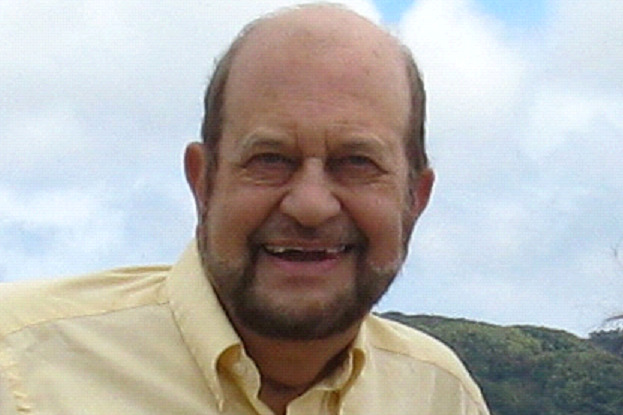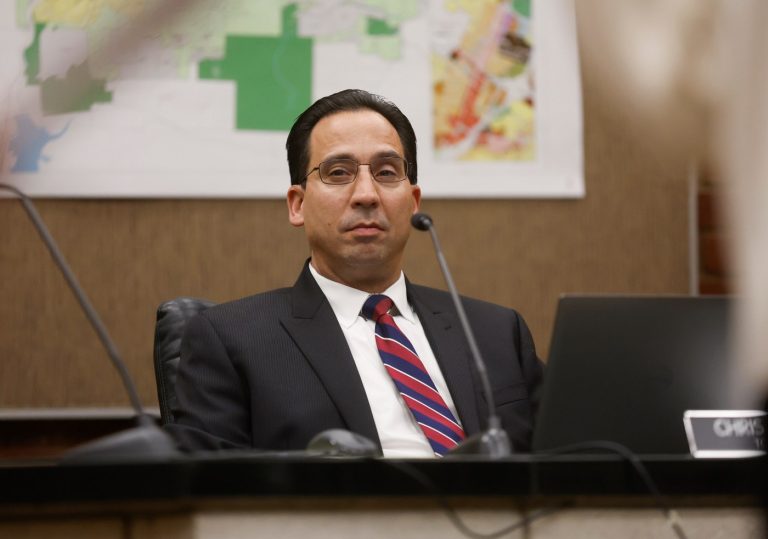Once again, California voters demonstrated in this fall’s voting season that they are liberal – but not so far left as many of the politicians they usually elect.
The vast majority of those politicians, as in the last three decades, are liberal Democrats, who will again hold supermajorities in the state Assembly and Senate for the next two years. This makes Republicans almost irrelevant in virtually all legislative matters. They lack sufficient votes in either house of the Legislature to credibly organize resistance to tax increases, the most basic part of GOP doctrine in most states.
But the voters? They are a very different ideological group where crime and money matters are concerned, and the results on this fall’s 10 statewide ballot propositions proved it.
Related Articles
Elias: California fuel standards shouldn’t be changed right now
Elias: ‘California Forever’ ballot measure could’ve been hugely influential
Elias: California’s Nov. 5 ballot not lacking for consequential issues
There was not merely the overwhelming victory of the tough-on-crime Proposition 36, but also the defeat of Prop. 33, the third attempt at expanding rent control in the last six years, all backed by Democratic politicians.
Just like its two predecessors, the 2018 Prop. 10 and 2020’s Prop. 21, this fall’s Prop. 33 lost handily. Like the others, it sought to end the 1995 Costa/Hawkins Act, which exempts most rental units built after 1995 from local rent controls. Prop. 33 actually would have let all local governments set rent controls as strictly as they like, even to cover brand-new apartments and single-family homes.
As with its predecessors, this measure provoked fears it might eliminate incentives for builders to expand the state’s housing supply by cutting or eliminating rental profits. So, for a third time, potential statewide rent controls lost — and by a similarly large margin as the other two efforts.
Somewhat similarly, the state Assembly voted 55-12 and the Senate 31-8 to put Proposition 5 to a statewide vote. A loser by more than 10 percent, it would have cut majority votes needed to pass many local bonds in cities and counties from two-thirds to 55 percent. Strongly opposed by the anti-tax Howard Jarvis Taxpayers Assn., it aimed squarely at the 1978 Proposition 13 tax cuts by allowing easier passage of bonds for affordable housing and public infrastructure like roads, water and fire protection.
Where voters previously approved a similar cut to the majority needed for passage of school construction bonds, they easily said no to this one.
Voters also continued their swing toward tough-on-crime policy by voting to continue some involuntary labor in California. The only places allowing this during the last century have been prisons, and that will continue after defeat of Proposition 6. Wardens and guards will continue assigning prison inmates to work in kitchens, clean prison yards or pick up trash beside highways. Prisoners will keep fighting fires, too, with convicts able to win early-release credits on the fire lines. Had Prop. 6 passed, they could still have accepted such assignments, but would have to be paid much more than their previous pittance.
Rejected by voters not wanting to reward criminals, it lost by almost 10 percent after getting near unanimous 33-3 support in the state Senate and 68-0 backing in the Assembly.
But on another matter of social policy, voters showed they remain open to the liberal side. By a huge margin, they cut language from the state Constitution that said only a man and a woman could get married, and never mind men with men or women with women. Such same-sex marriages are now protected against bans by the Legislature, should it ever turn conservative.
The bottom line: Once again, California voters proved themselves liberal on social policy, but not nearly as open-handed financially as their well-paid political representatives. Which means Californians may be open minded, as one old saying goes, but not so much that their brains are falling out.
Email Thomas Elias at tdelias@aol.com, and read more of his columns online at californiafocus.net.












